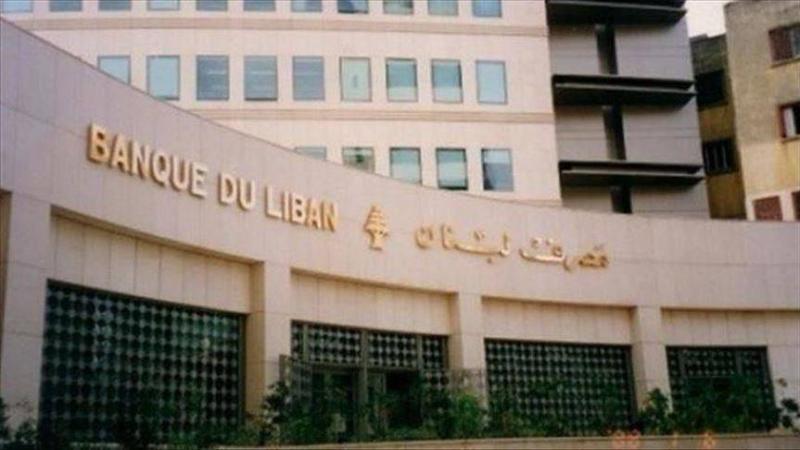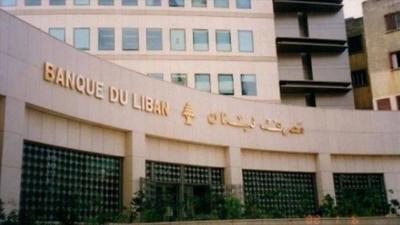"An-Nidaa Al-Watan" reports: While it is known that the natural storm hitting Lebanon due to the weather disturbance (GRETTA) has brought rain, wind, and snow, it is still unclear what political storms will come next week as the country officially enters the electoral phase, just days before the closing of candidacies. With the countdown to the crucial date of May 15 starting, it seems that the electoral rivalry will intensify, as all parties and forces begin to "grease" their machines to kick off their nominations for the battlefield, which will naturally be accompanied by high-pitched political rhetoric. This will start with the expected escalation from the head of the "Free Patriotic Movement," MP Gibran Bassil, tomorrow, followed by the "electoral" conference to be held by the Speaker of Parliament Nabih Berri the day after tomorrow, and between them, there will be a pivotal national event for the head of the "Lebanese Forces" Party, Samir Geagea, marking March 14. It is worth noting that this occasion was preceded by the Special Tribunal for Lebanon confirming the conviction of three leaders and members of Hezbollah in the assassination of martyr Prime Minister Rafik Hariri. Meanwhile, Hezbollah continues to escalate its rhetoric, especially on the backdrop of the suspension of Vienna negotiations and the faltering nuclear agreement with Iran. This includes the announcement by MP Mohammad Raad, the head of the "Loyalty to the Resistance" bloc, yesterday stating that "the golden equation: the army, the people, and the resistance" remains the core of the defensive strategy that protects Lebanon… everything else does not protect Lebanon.
However, despite the scene of electoral preparations, some observers believe that attempts to "cancel" the elections will not cease, with many fearing that the "Free Patriotic Movement" may resume its attempts to create tensions as part of a political mobilization to disrupt the electoral process, linked to raising several "provocative" files aimed at souring the atmosphere and "blowing up" the preparations for holding the elections on the scheduled date of May 15. Accordingly, it has become evident that Lebanon is heading towards its parliamentary elections amid an explosively dangerous regional and international reality that could spill over into the Lebanese arena, affecting both the cancellation of elections and border demarcation.
Economically, financially, socially, and in terms of livelihood, public sector employees and the entire economy are struggling under "random" government decisions and "the chute" of the Central Bank without a safety net to protect them from misleading measures. It has become challenging to receive more than 60% of the approved salary increase, which ranges from one and a half million to three million Lebanese pounds, while the remaining 40% will be allocated for purchases through bank cards or payments via checks. However, the new challenge lies in the complete suspension of operations by all commercial institutions regarding card payments—like fuel stations—or partially by supermarkets. The Central Bank was quick to inform the banks that it would only cover 60% of the mentioned social assistance in cash, not 100% as employees and retirees had hoped.
Consequently, the banks will adhere to the central bank's decision, as indicated in their statement yesterday, "wishing that the Ministry of Finance and the Central Bank clarify the matter to the employees, to avoid any issues at the banks' branches and to prevent any misconceptions from public sector employees." However, the banks, which disengaged from any responsibility in cutting a significant portion of cash social assistance, did not clarify in their statement that the suspension of institutions from accepting credit cards stemmed from them retaining deposits in pounds and preventing institutions from withdrawing their cash needs, or even transferring it to their employees' accounts to pay their salaries, according to an economic expert. Instead, they went further to “impose fees of up to 12% on withdrawal amounts.”
In addition to the significant losses incurred by citizens due to the majority of institutions halting the acceptance of electronic payment methods, “the losses for the economy will be much larger,” warns the economic expert, stating that “the funds held in pounds have become ink on paper. This will lead to two certain outcomes: the devaluation of the pound in accounts by part of its value, similar to what happened with the reserved dollars, which lost about 80% of their actual value. This has given rise to transactions termed ‘the bank pound,’ which is expected to lose at least 25% of its value; meaning a check for one million pounds will be sold on the market for 750,000 pounds in cash or even less. This leads us to the second outcome of the decision: the speculation on the pound in the black market.” In any case, depositors and institutions, along with the economy, will bear the brunt of the expected losses from this situation.




